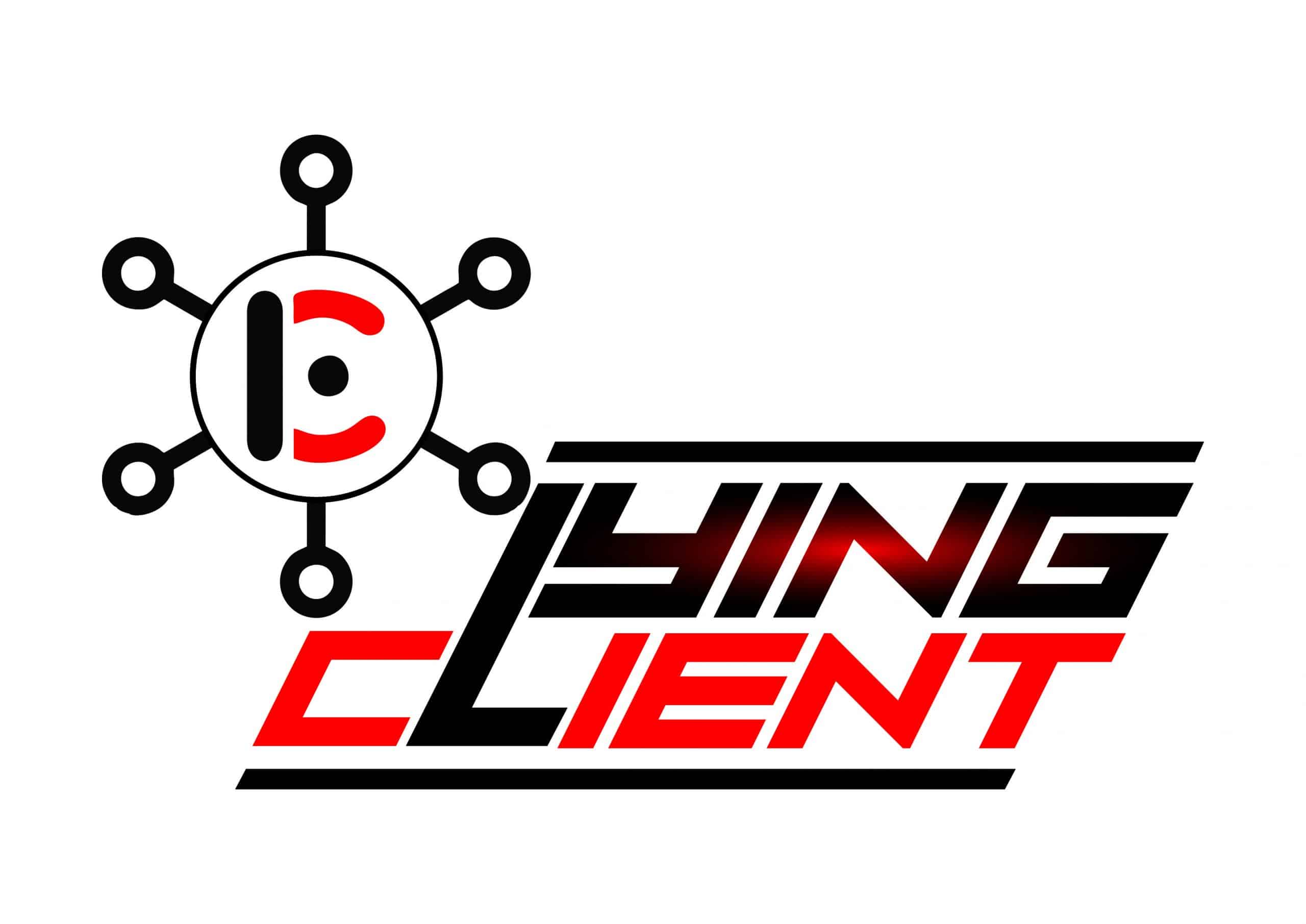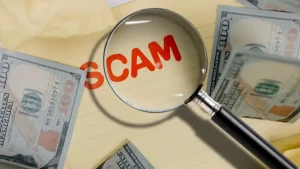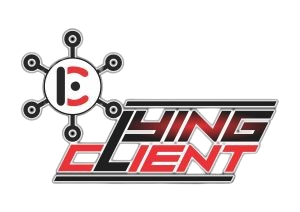Most entrepreneurs I meet are reluctant to disclose anything about their idea to investors before getting a signed confidential disclosure agreement (CDA). Professional investors and advisors, on the other hand, usually refuse to sign these agreements today due to the risk of litigation and administrative workload, and will walk away. How can you make this a win-win opportunity?
First of all, I will admit that there is some risk involved with talking to any potential investors, even with an agreement, just as there is risk in all the elements of your plan, product and market opportunity. Yet I can assure you that people who are paranoid, or want to avoid all risks, won’t be happy as entrepreneurs, so it’s all about balancing the risk-reward scale.
Related: Your Ideas Have No Value
Thus, based on my experience as an entrepreneur as well as a startup investor, there are indeed situations where a non-disclosure is highly recommended, and others where the potential good far outweighs the risk. Here are the key considerations from my perspective:
If you are approaching a recognized venture capital group, or even an accredited angel investor, a non-disclosure agreement is counter-productive. These professionals value their integrity, like your therapist or financial advisor, and will not share your business details nor steal your idea.
If you receive an email requesting details on your plan from someone you don’t know, you should respond with a CDA, as well as begin a more serious cross-check with reliable sources. The same is true for people who may approach you at networking events or industry conferences. Build trust first.
Most often, the best potential partners are already in a business complementary to yours. They could easily be your competitor, or copy your business, so a mutual non-disclosure is required here for protection in both directions. It pays to talk to competitors about the business, but not your business.
Related: Avoid These 6 Mistakes in Safeguarding Proprietary Information
Entrepreneurs should never disclose the details of a planned or current patent application to any outsiders, even with a CDA in place. Potential investors don’t need this data, except perhaps as part of a final due diligence after agreement on terms. Product details in the public domain can never be patented.
Some entrepreneurs avoid the patent process, since patent details become public once a patent is issued. Trade secrets, which may be recipes, formulas or processes, should only be disclosed on a need-to-know basis, even to employees, and then always accompanied by a CDA.
In today’s world of rapid innovation and new technologies, any individual or company should be hesitant to sign an agreement that limits their activities for 10 years or more. In most cases, a term of two to five years should be adequate. If required, all agreements can be renewed before they expire.
The content of a non-disclosure agreement should be kept simple and straightforward, with a minimum of legalese. There are many samples available from trusted sources, including this one from Entrepreneur. I would be suspicious of any similar agreement more than two pages long.
Professional investors often challenge early non-disclosure requests for an idea or concept, since it’s an implementation that makes a business, rather than an idea. They have probably heard the idea a dozen times already, and are waiting to back the right team on the implementation. The last thing they need is an agreement to constrain their actions.
In fact, if you have a good idea, you need smart investors to spread the word to other good investors, so you really want them to talk about you. Remember that without a CDA, you can still explain how your idea works in marketing terms, without revealing how it is implemented or manufactured. If that doesn’t get their attention, it probably won’t get any customer attention either, and that’s the best feedback you can get at that stage.
Related: How to Keep Your Startup’s Secrets Private
When Her Parents’ Restaurant Burned Down, This First-Generation Founder’s Hot Sauce Brand Rose From the Ashes to Take on Corporate Giants
Not Hitting Your Goals? Here’s How to Know If You Should Change Tactics or Strategy.
You Can Generate Your Own Viral LinkedIn Post With This Hilarious Tool
This Couple Lost Everything When the Housing Market Crashed. But Manifesting ‘Magic’ Helped Them Launch a Metaphysical Brand With 10 Stores.
4 Hidden Dangers of Working Remotely
The Best Software Solutions and Tech Providers in the Franchising Industry
This 18-Year-Old Student Wanted a Better Way to Keep Track of His School Work. So He Built an App — and a Business.
Madeline Garfinkle
StackCommerce
Jonathan Small
Subscribe to our Newsletter
The latest news, articles, and resources sent to your inbox.
I understand that the data I am submitting will be used to provide me with the above-described products and/or services and communications in connection therewith.
Read our privacy policy for more information.
Copyright © 2022 Entrepreneur Media, Inc. All rights reserved.
Entrepreneur® and its related marks are registered trademarks of Entrepreneur Media Inc.
Successfully copied link







